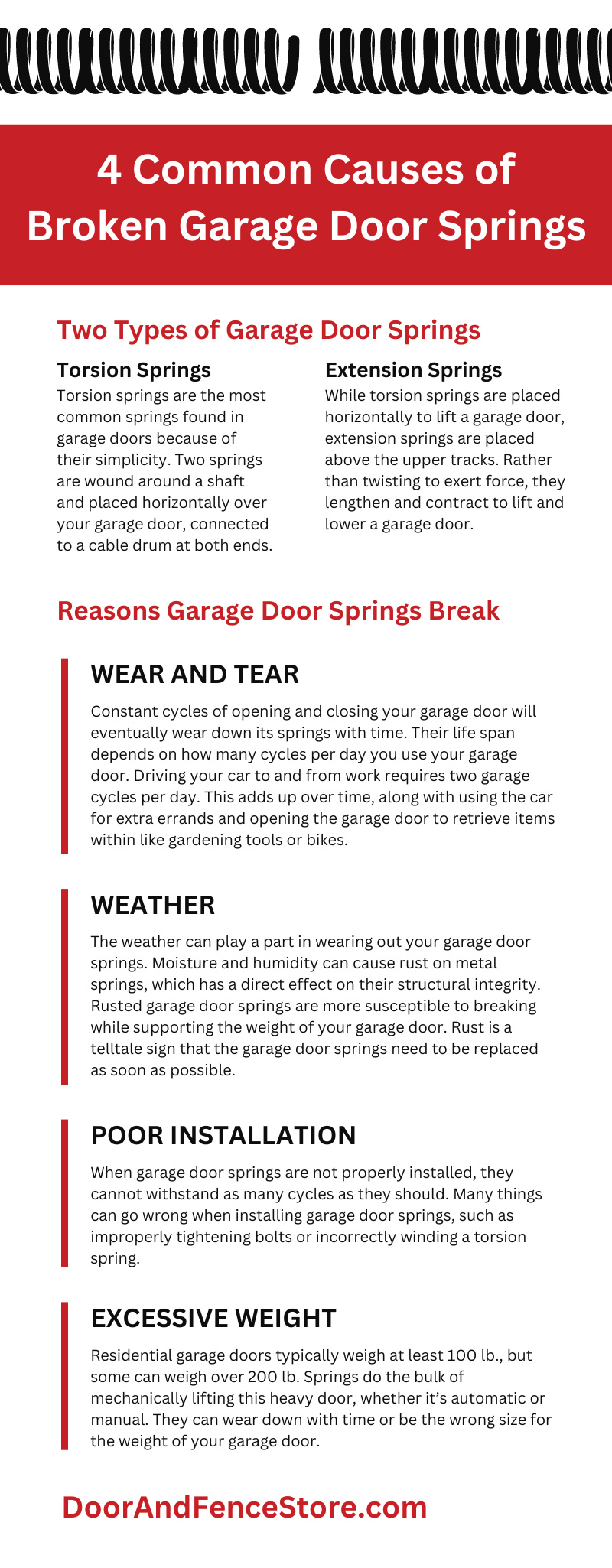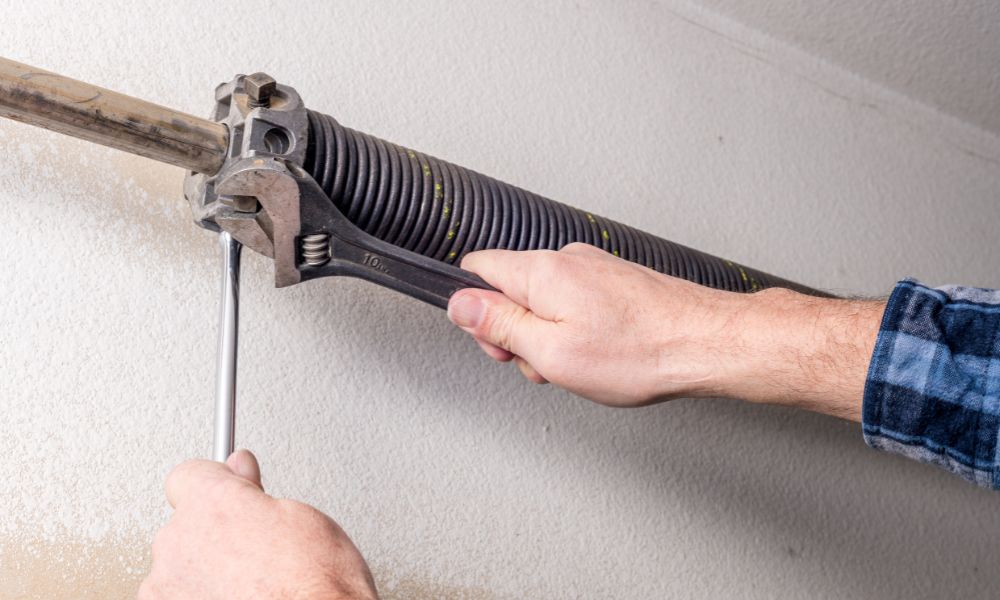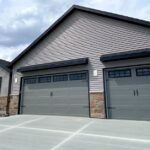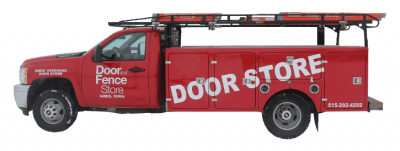Your garage door is a substantial mechanism with many corresponding moving parts. Garage door springs are essential to its proper function. They act as the main component to lift and lower the garage door. Whenever a garage door spring breaks, it causes the door to malfunction, which is an inconvenience at best and a dangerous hazard at worst. Fortunately, homeowners can rely on a few ways to identify signs that their garage door springs are worn out and may be prone to breaking. We’ll go over common causes of broken garage door springs and what you can do to fix them.
Two Types of Garage Door Springs
Before we explain how garage door springs can break, homeowners should understand the two main types of springs that operate in residential garage doors. Both types of springs create a counterbalancing effect by gaining tension when your door closes and releasing it as the door opens.
Torsion Springs
Torsion springs are the most common springs found in garage doors because of their simplicity. Two springs are wound around a shaft and placed horizontally over your garage door, connected to a cable drum at both ends. Torsion springs wind using torque to open your garage door and unwind to lower it.
Extension Springs
While torsion springs are placed horizontally to lift a garage door, extension springs are placed above the upper tracks. Rather than twisting to exert force, they lengthen and contract to lift and lower a garage door. Hence, they are much longer than torsion springs. Extension springs are able to lengthen and contract with the assistance of pulleys and cables.
How Long Do Garage Door Springs Last?
The type of spring and the frequency of use determine the length of time garage door springs will last. When you lower and raise your garage door, it is referred to as one cycle. Torsion springs are designed to last over 15,000 cycles, whereas extension springs are more likely to last over 10,000 cycles. Torsion springs last longer than extension springs because they are sturdier.
If you open and close your garage door once a day, its springs can last anywhere from seven to 20 years. But if your garage door operates up to four cycles a day, the springs will last closer to five to 12 years. Regardless of whether your garage door springs have snapped, homeowners should replace their extension springs at least every 10 years, and torsion springs every 12 years.
Reasons Garage Door Springs Break
Torsion springs and extension springs are each prone to their own issues because of their contrasting construction. However, there are some common causes of broken garage door springs that lead to torsion or extension springs malfunctioning or snapping. Broken garage door springs are easily identifiable and may result from the following reasons.
Wear and Tear
Constant cycles of opening and closing your garage door will eventually wear down its springs with time. Their life span depends on how many cycles per day you use your garage door. Driving your car to and from work requires two garage cycles per day. This adds up over time, along with using the car for extra errands and opening the garage door to retrieve items within like gardening tools or bikes.
As springs expand and contract, they create tension to operate your garage door smoothly. If you notice gaps in your garage door springs or that your door is opening with jerking movements, it’s a sign that the springs are worn out from constant strain and tension. It’s a good idea to replace your garage door springs at this stage before they snap, rendering your garage door unusable and unsafe.
Weather
The weather can play a part in wearing out your garage door springs. Moisture and humidity can cause rust on metal springs, which has a direct effect on their structural integrity. Rusted garage door springs are more susceptible to breaking while supporting the weight of your garage door. Rust is a telltale sign that the garage door springs need to be replaced as soon as possible.
Living in an extremely cold climate can compromise the integrity of low-quality metal springs. Cold weather puts more strain on metal springs, making them more brittle and rigid. Luckily, homeowners can protect their garage door springs from moisture and low temperatures with proper maintenance.
Poor Installation
When garage door springs are not properly installed, they cannot withstand as many cycles as they should. Many things can go wrong when installing garage door springs, such as improperly tightening bolts or incorrectly winding a torsion spring.
It’s possible that the springs installed in your garage are not the right fit for the door’s size and weight. Because installing garage door springs is a risky task, it’s important to leave this to a professional.
Excessive Weight
Residential garage doors typically weigh at least 100 lb., but some can weigh over 200 lb. Springs do the bulk of mechanically lifting this heavy door, whether it’s automatic or manual. They can wear down with time or be the wrong size for the weight of your garage door.
If you notice your door struggling to raise, a broken spring may not be able to support its weight. This is a sign that you should replace your garage door springs before they break.
How To Repair a Broken Garage Door Spring
After your garage door springs break, you may wonder if you should try to fix them yourself. However, this is a job that should be left to garage door service and repair professionals. Homeowners should refrain from operating their garage doors and trying to resolve issues on their own for their own safety. If not repaired carefully, a broken spring can damage the door’s motor or cause a garage door to come crashing down.
Repair technicians at The Door and Fence Store are qualified to expertly assess the condition of your garage door springs and replace them when necessary. If you start to notice signs your garage door is malfunctioning, or it has been a long time since your springs have been replaced, contact us today. We service and maintain residential garage doors in the Ames, Iowa, area.









